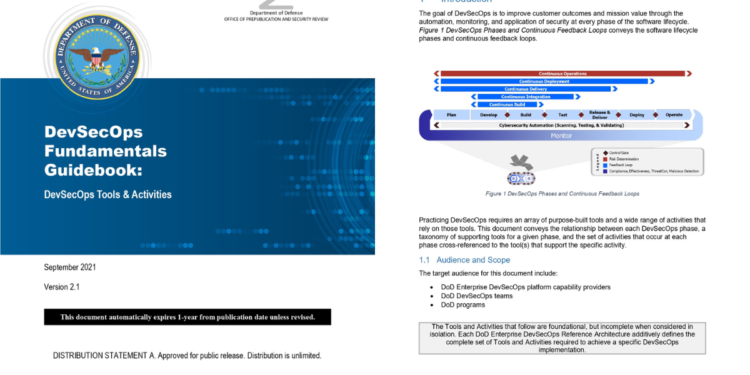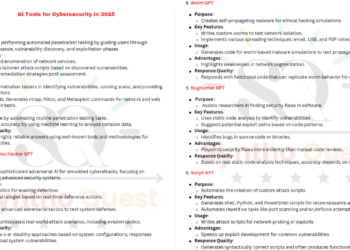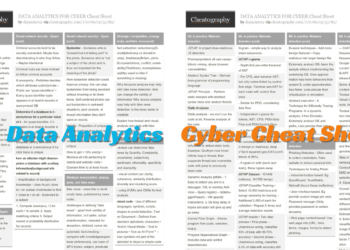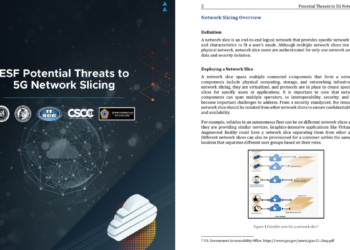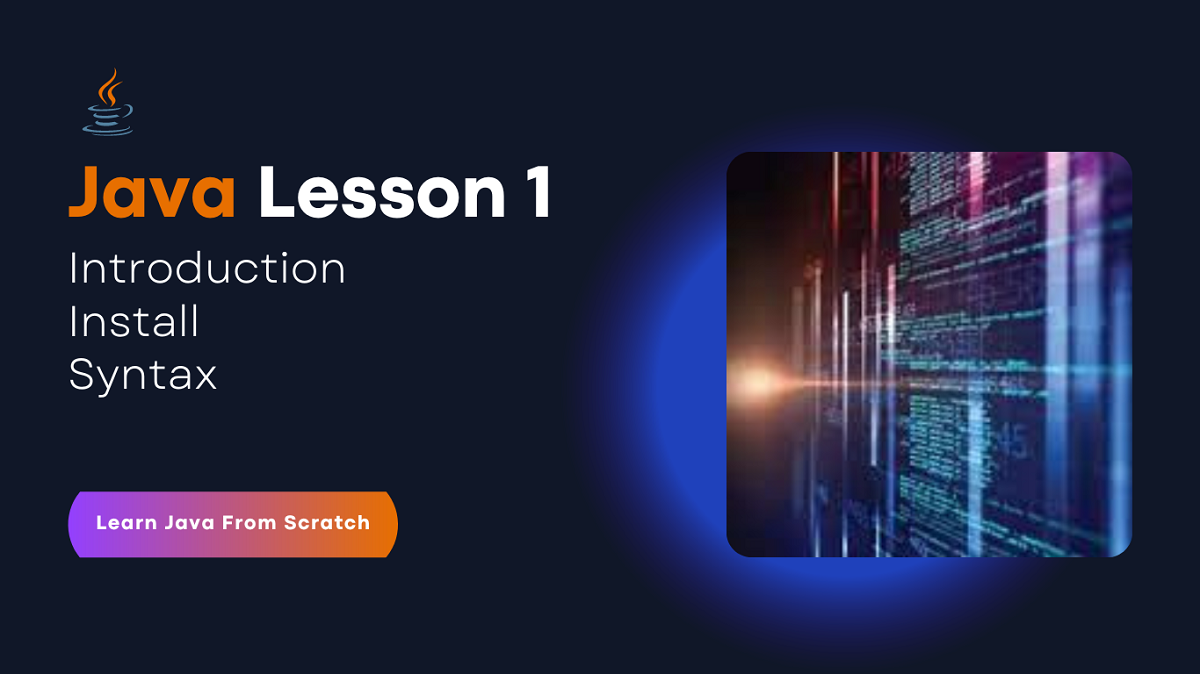DevSecOps, a combination of Development, Security, and Operations, is a methodology that aims to integrate security into the software development process. With the increasing number of cyber threats and data breaches, organizations are realizing the importance of implementing robust security measures from the very beginning of the development lifecycle.
DevSecOps goes beyond traditional security practices that are often implemented as an afterthought. It emphasizes the need for collaboration and communication between development, security, and operations teams to ensure that security is ingrained into every stage of the software development process.
Our guidebook will take you through the key concepts and principles of DevSecOps, providing you with a solid foundation to build upon. We will explore topics such as threat modeling, secure coding practices, vulnerability management, and continuous security testing.
Additionally, we will delve into the tools and technologies that can assist you in implementing DevSecOps practices effectively. From automated security testing tools to containerization and cloud-native security solutions, we will discuss the various options available to help you secure your software applications.
Furthermore, our guidebook will address the challenges and common pitfalls that organizations may encounter when adopting DevSecOps. We will provide practical tips and strategies to overcome these challenges, ensuring a smooth transition to a more secure and efficient development process.
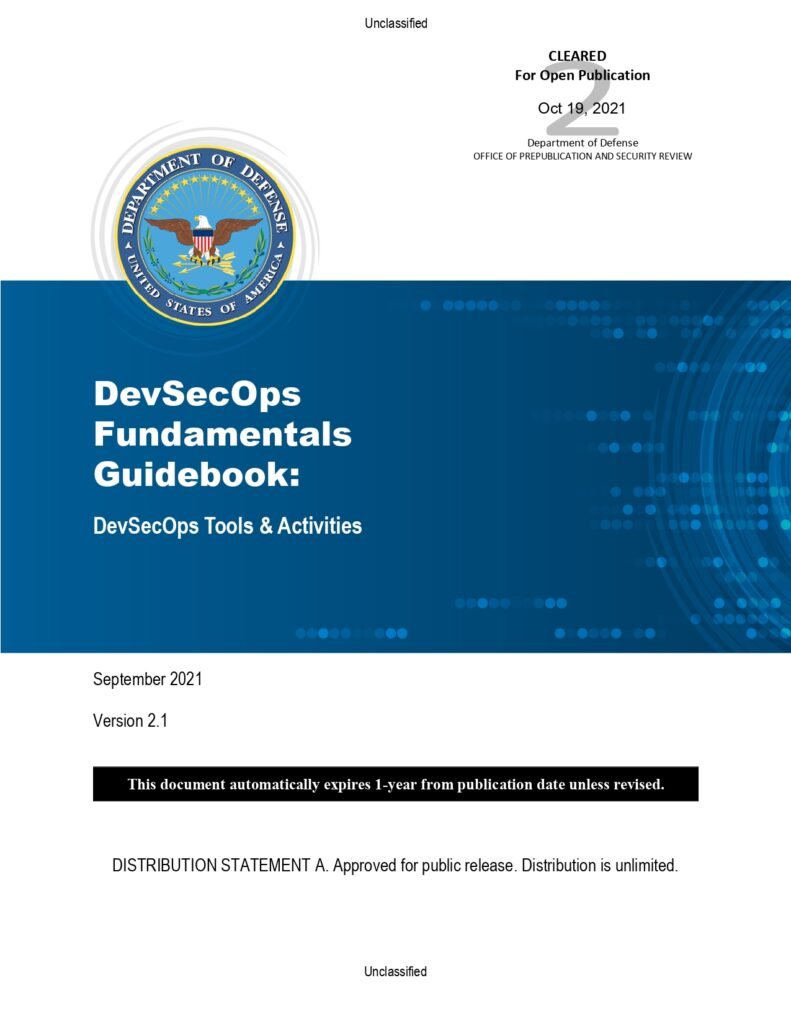
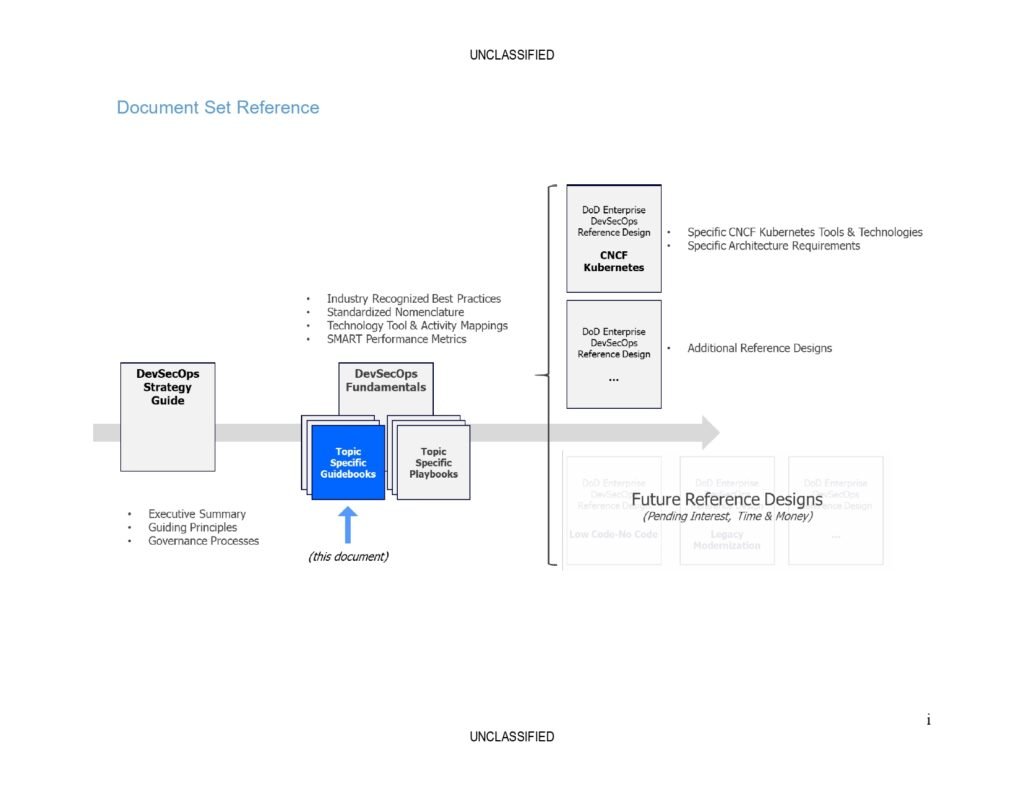

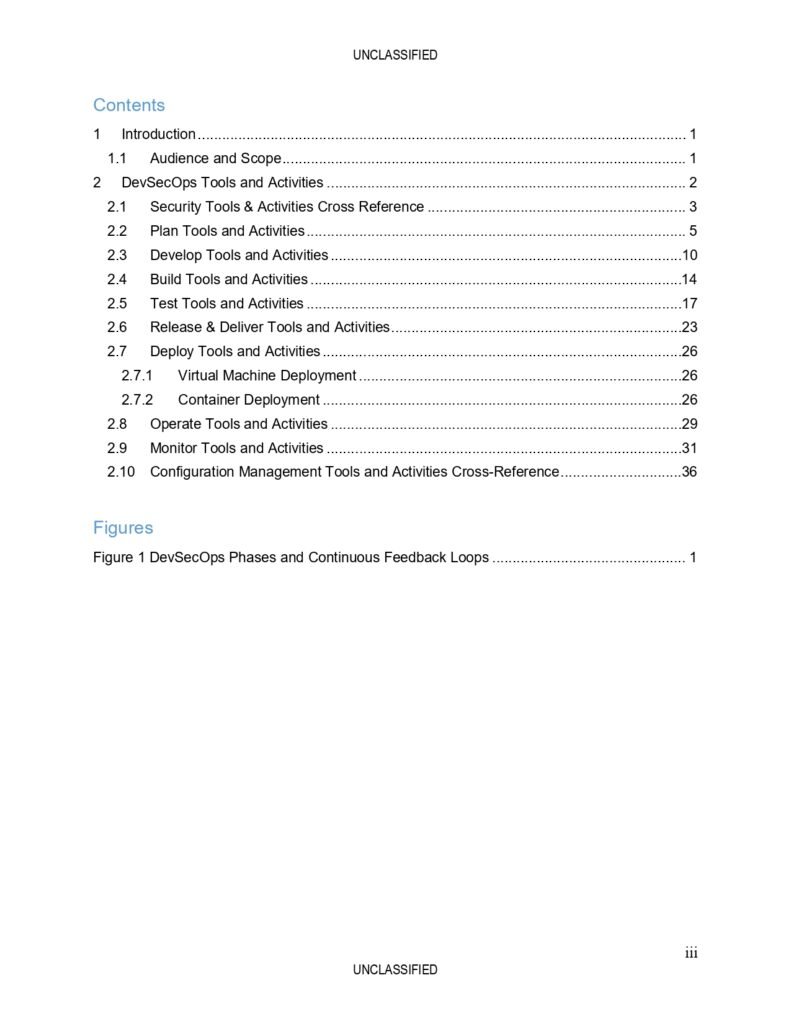
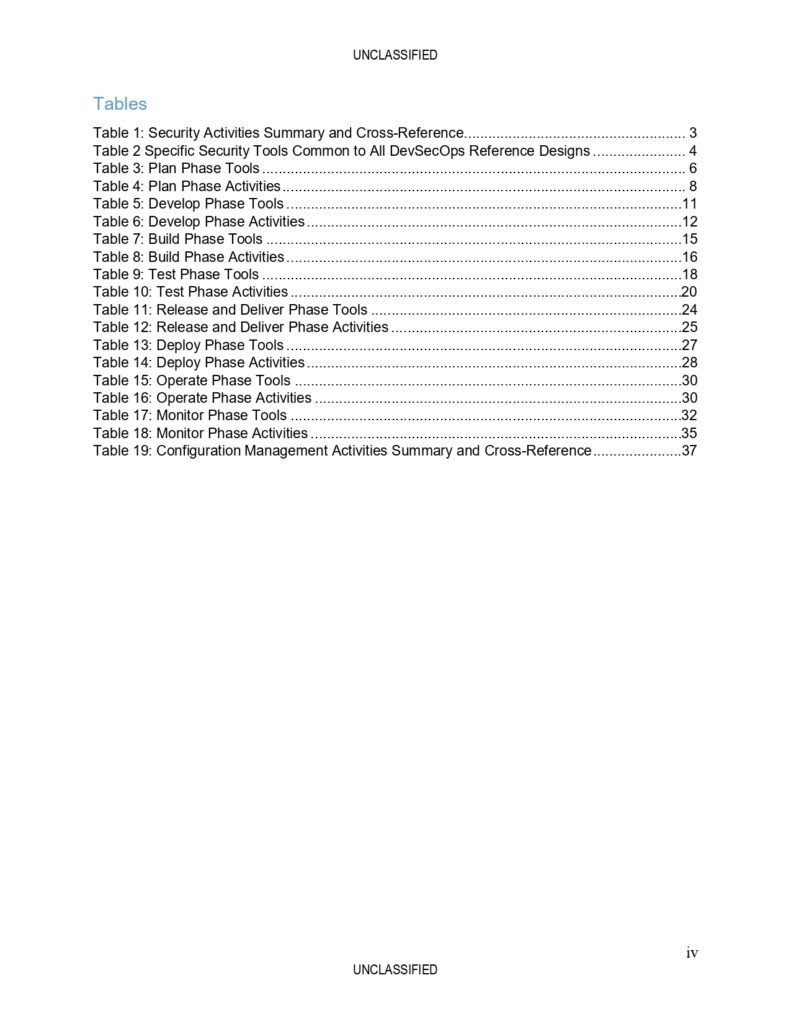
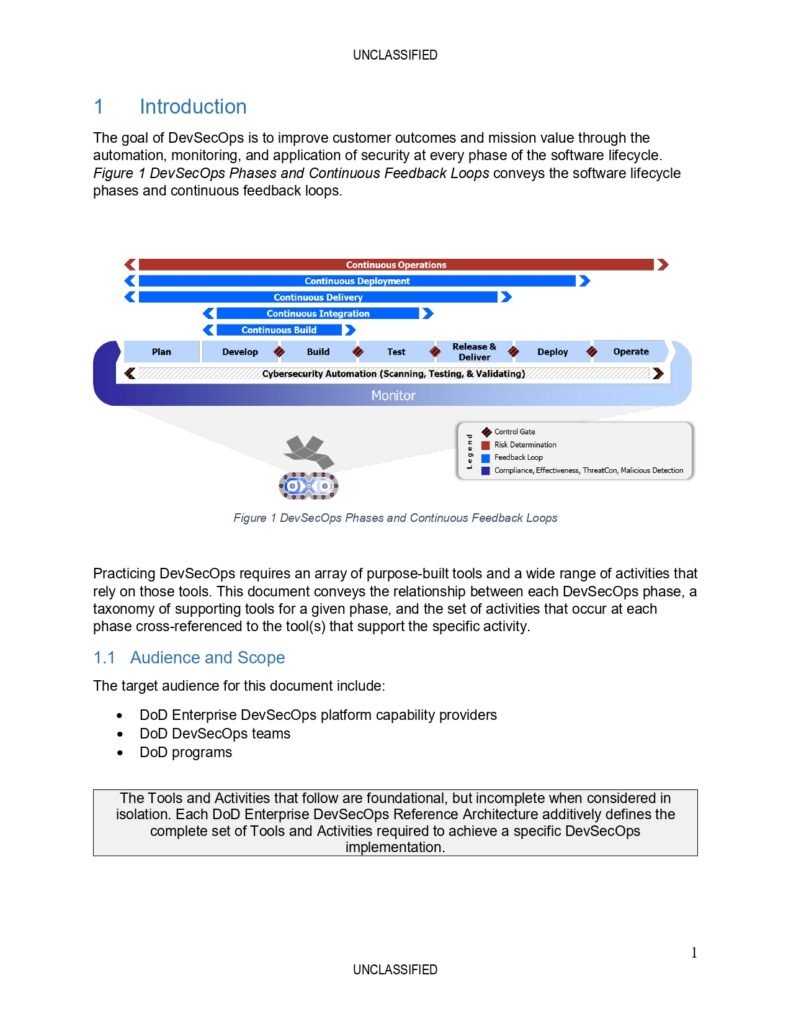
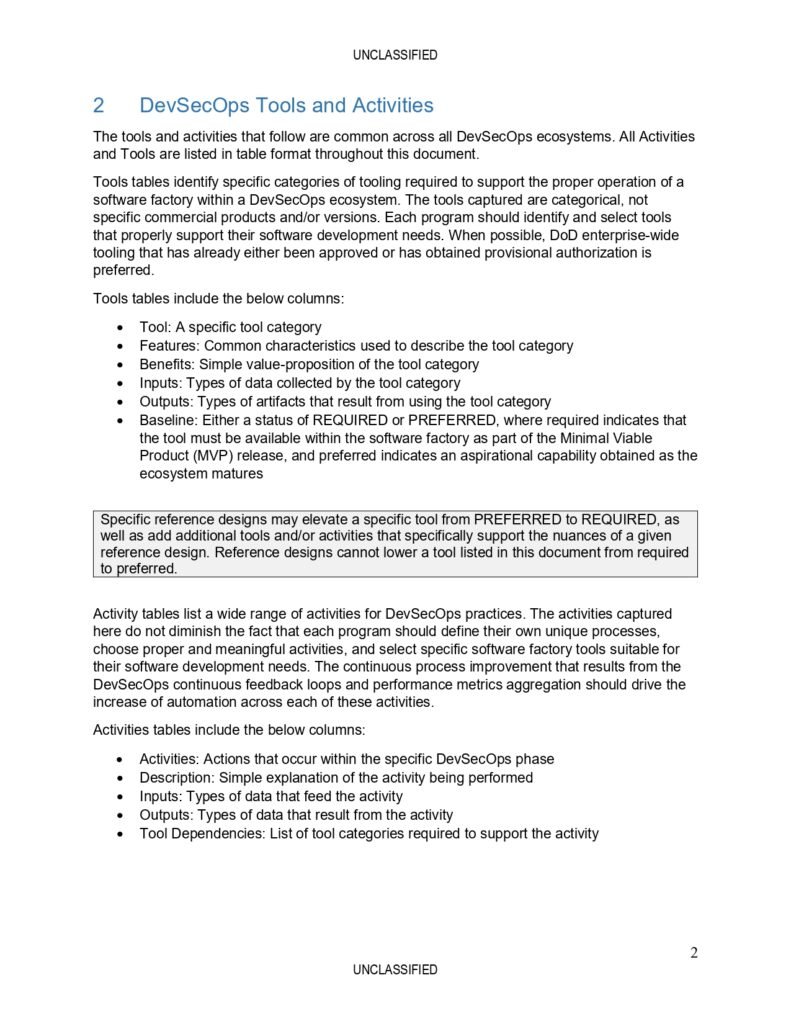
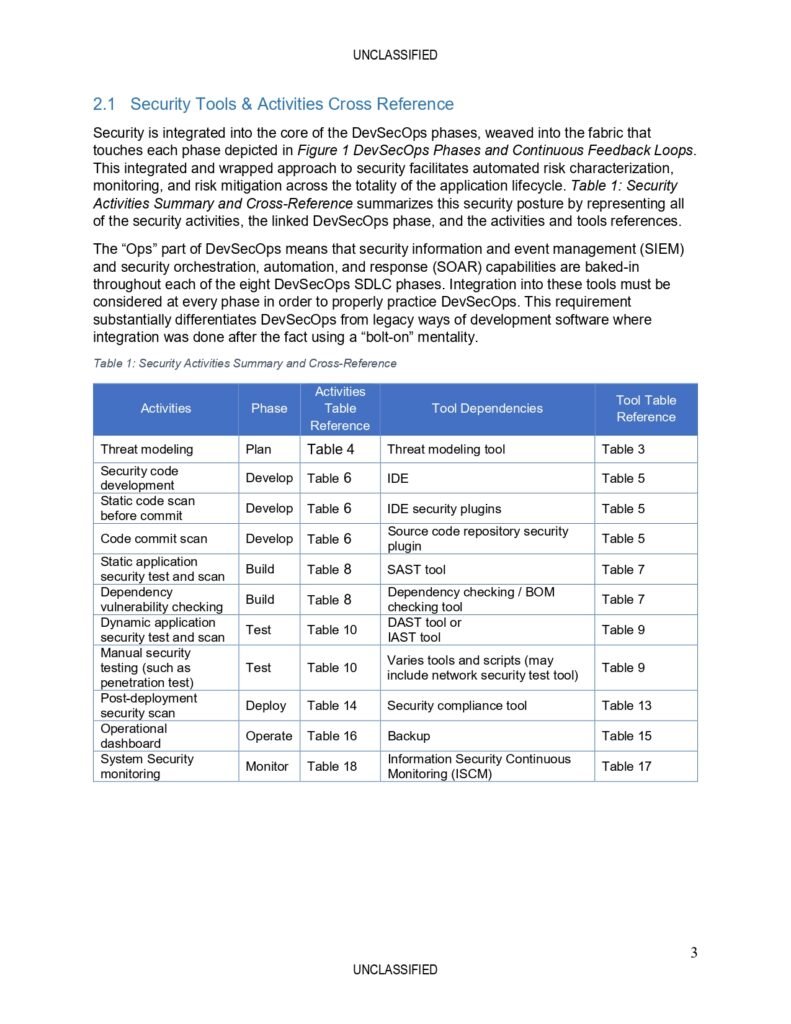
Whether you are a developer, security professional, or operations engineer, our guidebook is designed to cater to individuals at all skill levels. We believe that everyone has a role to play in ensuring the security of software applications, and this guidebook will equip you with the knowledge and tools necessary to contribute effectively.
So, let’s embark on this journey together and unlock the potential of DevSecOps. By the end of this guidebook, you will have a comprehensive understanding of DevSecOps fundamentals and be well-equipped to implement these practices in your organization.
In addition to covering the theoretical aspects of DevSecOps, this guidebook also provides practical guidance on how to implement DevSecOps in your organization. We have included step-by-step instructions and actionable tips that you can follow to successfully integrate security into your development and operations processes.
Furthermore, this guidebook offers insights into the various tools and technologies that can be used to support a DevSecOps environment. We have included detailed explanations of popular tools such as Jenkins, Docker, and Kubernetes, and how they can be leveraged to automate security checks and ensure continuous integration and delivery.
Moreover, this guidebook delves into the cultural and organizational changes that are necessary for a successful DevSecOps transformation. We discuss the importance of fostering collaboration and communication between development, security, and operations teams, and provide strategies for overcoming resistance to change.
Throughout the guidebook, we emphasize the importance of continuous monitoring and feedback in a DevSecOps environment. We explain how to implement robust monitoring systems that can detect vulnerabilities and security breaches in real-time, and how to use this feedback to improve your security posture continuously.
Finally, this guidebook addresses the role of leadership in driving the adoption of DevSecOps. We provide guidance on how to create a culture of security throughout the organization, and how to align security objectives with business goals.
Whether you are just starting your DevSecOps journey or looking to enhance your existing practices, this guidebook will equip you with the knowledge and tools needed to succeed. By the end of this guidebook, you will have a comprehensive understanding of DevSecOps and be ready to implement it in your organization.
6. Case Studies and Success Stories
One of the most effective ways to understand the benefits and practical applications of DevSecOps is by examining real-world case studies and success stories. In this chapter, we present a collection of case studies from various industries, showcasing how organizations have implemented DevSecOps and the positive outcomes they have achieved.
We highlight examples of companies that have successfully integrated security into their development processes, resulting in improved software quality, reduced vulnerabilities, and faster time to market. These case studies provide valuable insights into the challenges faced by organizations during their DevSecOps journey and the strategies they employed to overcome them.
From large enterprises to startups, these case studies cover a wide range of industries, including finance, healthcare, e-commerce, and technology. By examining these real-world examples, readers can gain a deeper understanding of how DevSecOps can be tailored to meet the specific needs and challenges of different organizations.
Furthermore, we also feature success stories from individual practitioners and teams who have embraced DevSecOps principles and practices. These stories offer a unique perspective on the personal and professional growth that can be achieved through the adoption of DevSecOps.
By sharing these case studies and success stories, we aim to inspire and motivate readers to embark on their own DevSecOps journey. Whether you are a developer, operations professional, or security expert, this chapter will provide you with practical examples and insights that can help you drive positive change within your organization.
Key Topics
Throughout the guidebook, we cover a range of key topics that are essential to understanding and implementing DevSecOps. Some of these topics include:
- Secure coding practices: In this section, we delve into the importance of writing secure code and explore various best practices that developers can follow to mitigate common security vulnerabilities. We discuss topics such as input validation, output encoding, and secure authentication methods.
- Threat modeling and risk assessment: Understanding potential threats and assessing the associated risks is crucial in developing a robust security strategy. In this chapter, we provide a comprehensive overview of threat modeling techniques and risk assessment methodologies. We discuss how to identify potential attack vectors, prioritize risks, and develop mitigation strategies.
- Security testing methodologies: Testing is an integral part of any DevSecOps process. We explore different security testing methodologies, including static analysis, dynamic analysis, and penetration testing. We provide practical examples and tools that can be used to identify vulnerabilities and weaknesses in applications and infrastructure.
- Container security: With the increasing popularity of containerization technologies such as Docker and Kubernetes, it is essential to understand the unique security challenges they pose. In this section, we discuss container security best practices, including image scanning, container hardening, and runtime monitoring.
- Infrastructure as code: Infrastructure as Code (IaC) allows organizations to define and manage their infrastructure using code. In this chapter, we explore how to implement security practices in IaC, including secure configuration management, secrets management, and continuous monitoring.
- Compliance and regulatory considerations: Compliance with industry regulations and standards is crucial for organizations operating in various sectors. We discuss the importance of incorporating compliance requirements into the DevSecOps process and provide guidance on meeting regulatory obligations.
By covering these key topics, this guidebook aims to provide a comprehensive understanding of DevSecOps and equip readers with the knowledge and tools necessary to implement secure and resilient software development practices.
Download the Guidebook
To download our DevSecOps fundamentals guidebook in PDF format, please click here.
